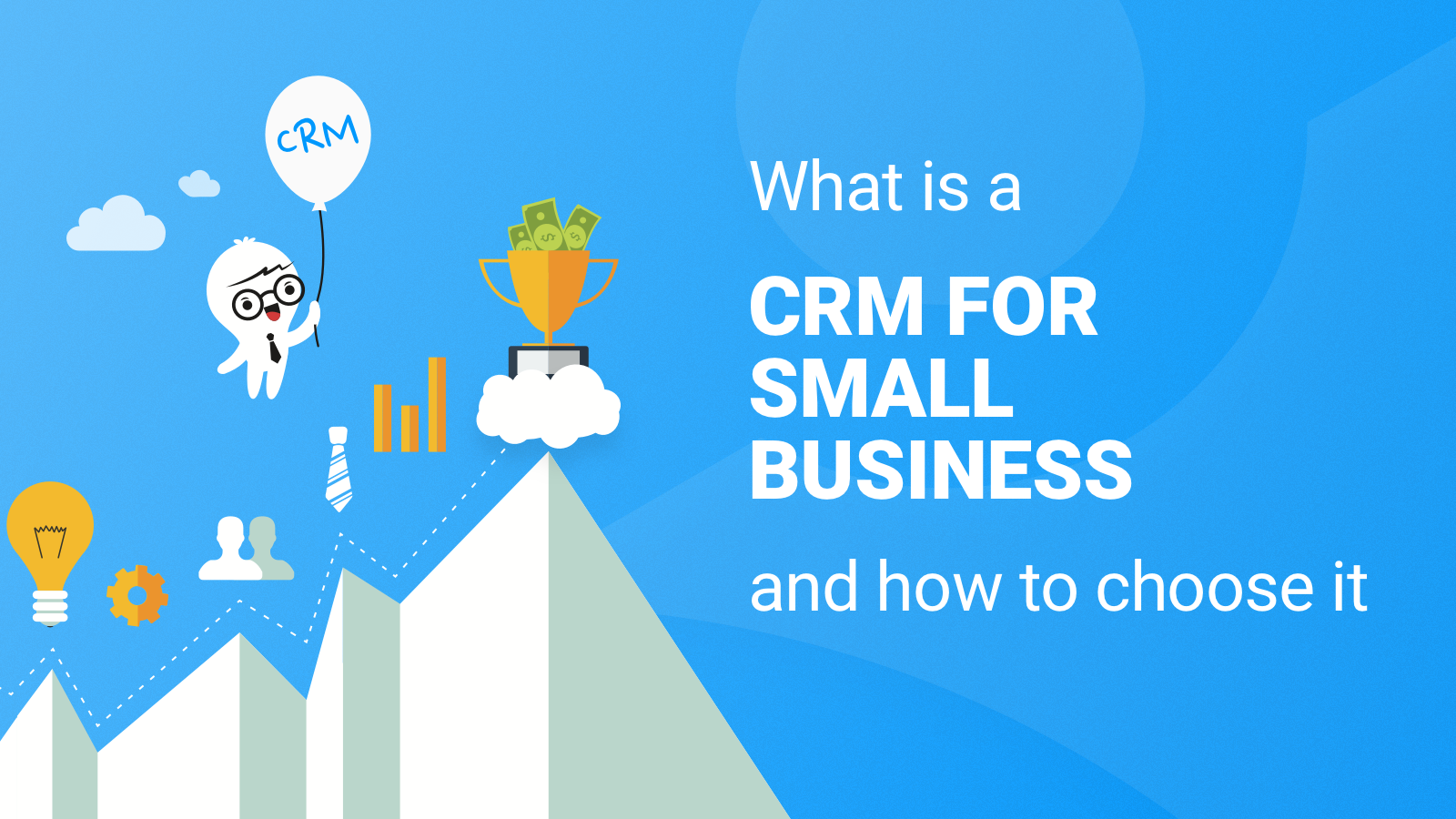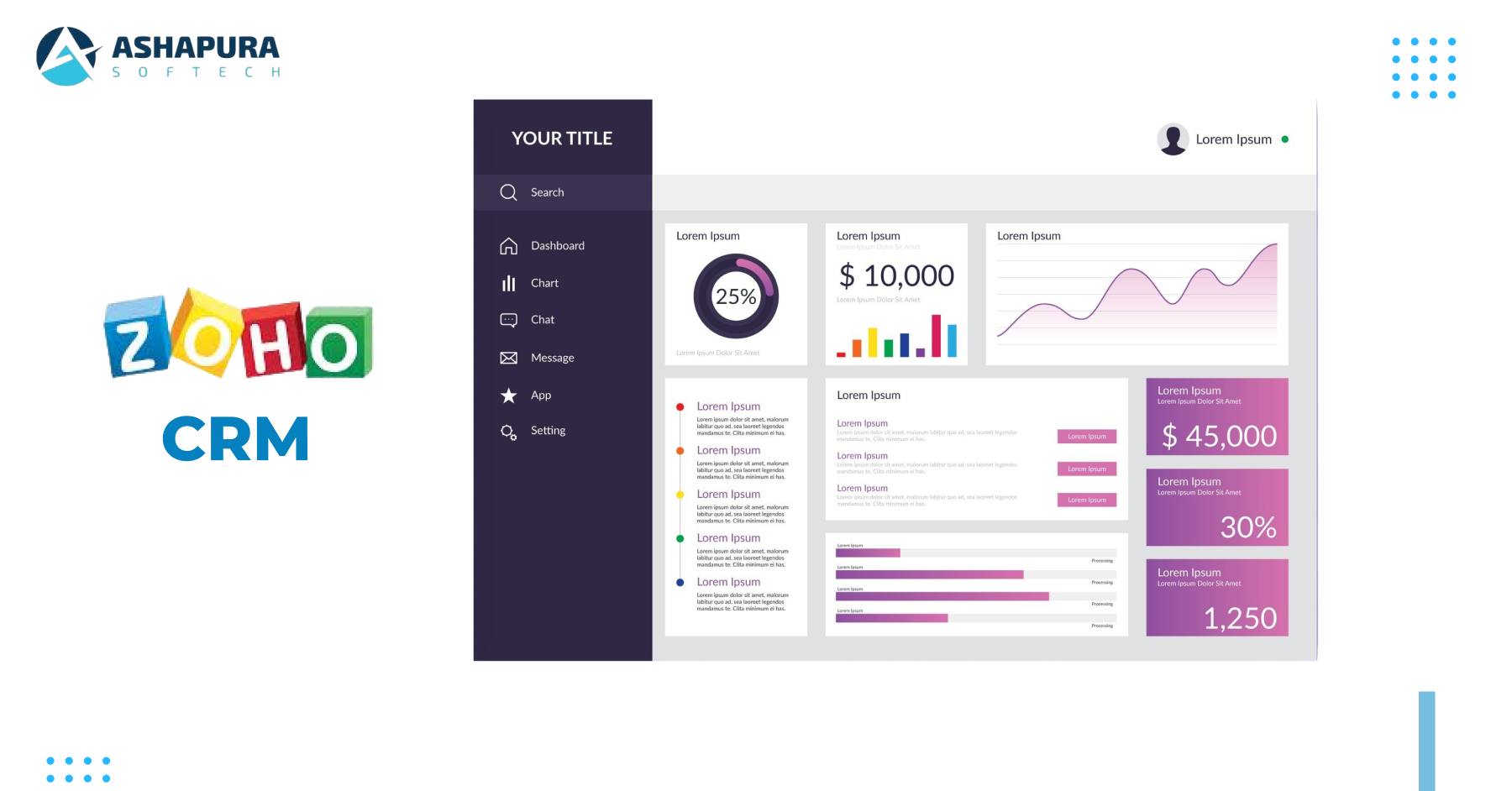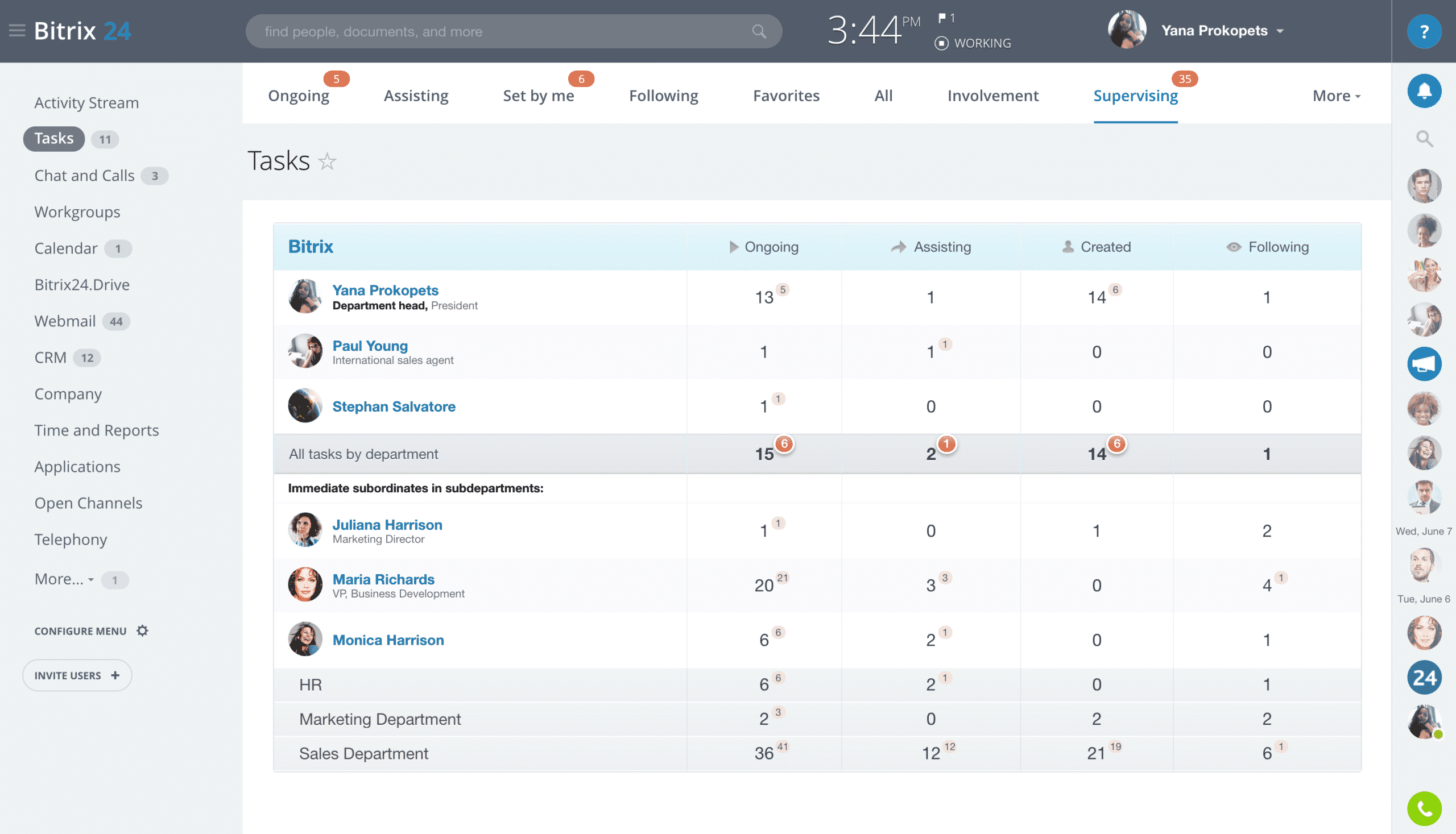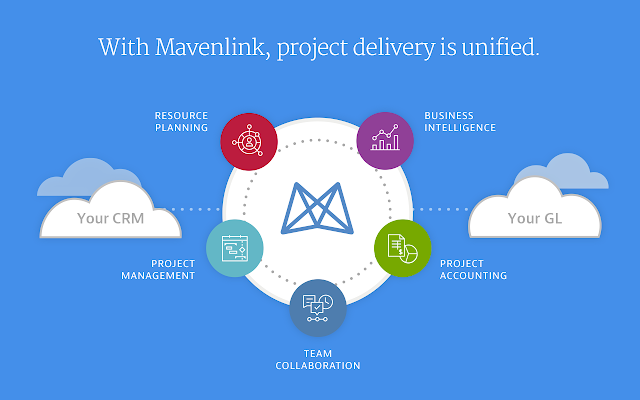CRM Marketing Trends 2025: Navigating the Future of Customer Relationships

CRM Marketing Trends 2025: Navigating the Future of Customer Relationships
The world of marketing is in constant flux. What worked yesterday might be obsolete tomorrow. And when it comes to customer relationship management (CRM), staying ahead of the curve is no longer a luxury; it’s an absolute necessity. As we approach 2025, the landscape of CRM marketing is poised for some significant shifts, driven by technological advancements, changing consumer behaviors, and the ever-evolving demands of the market. This article delves deep into the key CRM marketing trends shaping the future, offering insights, strategies, and actionable advice to help businesses thrive in the years to come.
The Rise of AI and Machine Learning in CRM
Artificial intelligence (AI) and machine learning (ML) are no longer futuristic concepts; they’re integral components of modern CRM systems. In the coming years, we can expect to see an even greater integration of these technologies, transforming how businesses interact with their customers. AI-powered CRM systems can analyze vast amounts of data to identify patterns, predict customer behavior, and automate tasks, leading to more personalized and efficient marketing campaigns.
Personalization at Scale
One of the most significant impacts of AI in CRM will be the ability to deliver hyper-personalized experiences at scale. AI algorithms can analyze customer data to understand individual preferences, purchase history, and browsing behavior. This information can then be used to tailor marketing messages, product recommendations, and even website content to each customer’s specific needs. Imagine a world where every customer interaction feels like a one-on-one conversation, resulting in increased engagement and conversions.
Predictive Analytics for Proactive Engagement
Predictive analytics, powered by ML, will become increasingly sophisticated. CRM systems will be able to predict customer churn, identify potential upsell opportunities, and forecast future customer behavior with greater accuracy. This allows businesses to proactively engage with customers, offering support, solutions, and promotions before they even realize they need them. This proactive approach not only strengthens customer relationships but also boosts customer lifetime value.
Automated Task Management
AI will automate a wide range of CRM tasks, freeing up marketing teams to focus on more strategic initiatives. This includes tasks like lead scoring, email marketing, social media management, and data entry. By automating these repetitive tasks, businesses can streamline their workflows, reduce errors, and improve overall efficiency. This also gives marketing teams more time to focus on creativity, innovation, and building stronger customer relationships.
The Growing Importance of Data Privacy and Security
As data breaches and privacy concerns continue to rise, businesses must prioritize data security and privacy. Customers are becoming increasingly aware of how their data is being used and are demanding greater transparency and control. In 2025, CRM systems will need to incorporate robust security measures and adhere to strict data privacy regulations to maintain customer trust and build lasting relationships.
Compliance with Data Privacy Regulations
Regulations like GDPR (General Data Protection Regulation) and CCPA (California Consumer Privacy Act) are already shaping how businesses collect, store, and use customer data. As more countries and regions adopt similar regulations, CRM systems must be compliant with these standards. This includes obtaining explicit consent from customers, providing them with access to their data, and allowing them to delete their data upon request. Failure to comply with these regulations can result in hefty fines and damage to a company’s reputation.
Enhanced Data Security Measures
Protecting customer data from cyber threats is paramount. CRM systems will need to incorporate advanced security measures like encryption, multi-factor authentication, and regular security audits. Businesses should also implement robust data governance policies to ensure that data is used responsibly and ethically. This includes limiting access to sensitive data, monitoring data usage, and educating employees about data security best practices.
Transparency and Customer Control
Building trust with customers requires transparency. Businesses should be upfront about how they collect, use, and share customer data. They should also provide customers with control over their data, allowing them to opt out of marketing communications, update their preferences, and request the deletion of their data. This level of transparency and control not only builds trust but also fosters a sense of partnership with customers.
The Evolution of Omnichannel Marketing
Omnichannel marketing, the practice of providing a seamless and integrated customer experience across all channels, will continue to evolve. In 2025, we’ll see a greater emphasis on personalization, context, and real-time interactions. Businesses will need to integrate their CRM systems with various channels, including email, social media, mobile apps, and even emerging channels like voice assistants and the metaverse.
Personalized Experiences Across Channels
Customers expect a consistent and personalized experience regardless of the channel they’re using. CRM systems will need to track customer interactions across all channels, allowing businesses to tailor their messages and offers to each customer’s preferences and behavior. For example, a customer who browses a product on a website might receive a targeted email with a special offer or see a relevant ad on social media.
Contextual Marketing in Real-Time
Real-time marketing, driven by AI and ML, will become increasingly important. CRM systems will be able to analyze customer data in real-time to understand their current context and deliver relevant messages and offers at the right moment. This could include sending a promotional email to a customer who is near a physical store or offering a discount to a customer who is about to abandon their shopping cart.
Integration with Emerging Channels
Businesses will need to embrace new channels like voice assistants, chatbots, and the metaverse to reach their customers. CRM systems will need to integrate with these channels to provide a seamless and consistent customer experience. This will require businesses to adapt their marketing strategies and create content that is optimized for these new platforms.
The Rise of Customer Data Platforms (CDPs)
Customer Data Platforms (CDPs) are becoming increasingly popular as businesses seek to centralize their customer data and gain a 360-degree view of their customers. In 2025, CDPs will play a crucial role in CRM marketing, providing a unified platform for collecting, managing, and analyzing customer data from various sources.
Centralized Customer Data Management
CDPs collect customer data from various sources, including CRM systems, marketing automation platforms, website analytics, and social media channels. This data is then unified and organized, providing a single source of truth for customer information. This centralized approach eliminates data silos and ensures that all marketing teams have access to the same information.
Advanced Customer Segmentation
CDPs allow businesses to create sophisticated customer segments based on various criteria, including demographics, behavior, purchase history, and engagement levels. This enables marketers to target their campaigns with greater precision and deliver more relevant messages. CDPs also use AI and ML to identify hidden patterns in customer data and create even more granular segments.
Personalized Customer Journeys
CDPs enable businesses to create personalized customer journeys across multiple channels. Marketers can use the data collected by the CDP to map out the customer journey and deliver tailored experiences at each stage. This could include sending a welcome email to a new customer, offering a discount to a returning customer, or providing personalized product recommendations based on a customer’s browsing history.
The Importance of Customer Experience (CX)
In 2025, customer experience will be the ultimate differentiator. Customers are no longer just looking for products or services; they’re looking for experiences. Businesses that prioritize customer experience will be the ones that thrive. This means focusing on building strong relationships with customers, providing excellent customer service, and continuously improving the overall customer journey.
Building Strong Customer Relationships
CRM systems will play a crucial role in building strong customer relationships. By tracking customer interactions, understanding their preferences, and providing personalized experiences, businesses can foster loyalty and build long-term relationships. This includes providing proactive support, responding to customer inquiries promptly, and showing genuine appreciation for their business.
Exceptional Customer Service
Excellent customer service is essential for creating a positive customer experience. Businesses should invest in training their customer service teams, providing them with the tools and resources they need to resolve customer issues quickly and efficiently. This includes implementing live chat, self-service portals, and other channels that make it easy for customers to get the help they need.
Continuous Improvement of the Customer Journey
The customer journey is constantly evolving. Businesses should continuously monitor customer feedback, analyze customer data, and identify areas for improvement. This includes streamlining processes, eliminating pain points, and personalizing the customer experience at every touchpoint. By continuously improving the customer journey, businesses can ensure that they are meeting the evolving needs of their customers.
The Human Touch in a Tech-Driven World
While technology will play a significant role in CRM marketing in 2025, the human touch will remain essential. Customers still crave genuine interactions and a sense of connection with the businesses they support. Businesses must find the right balance between automation and human interaction to create meaningful customer experiences.
Empathy and Understanding
Customer service representatives need to be empathetic and understanding. They should be able to listen to customer concerns, understand their needs, and offer solutions that meet their individual requirements. This requires training employees to develop their soft skills, such as communication, empathy, and problem-solving.
Authentic Communication
Customers can spot inauthenticity. Businesses should communicate with their customers in a genuine and transparent way. This includes being honest about their products and services, responding to customer feedback, and building trust through open communication.
Personalized Interactions
Technology can enable personalization, but it’s the human touch that makes it truly impactful. Customer service representatives should use the data available to them to personalize their interactions with customers. This includes remembering customer names, referencing past interactions, and offering tailored solutions that meet their individual needs.
Key Takeaways and Strategies for 2025
To thrive in the evolving landscape of CRM marketing in 2025, businesses need to adopt a proactive and forward-thinking approach. Here are some key takeaways and strategies to consider:
- Embrace AI and Machine Learning: Integrate AI and ML into your CRM system to personalize customer experiences, predict customer behavior, and automate tasks.
- Prioritize Data Privacy and Security: Implement robust security measures, comply with data privacy regulations, and be transparent with customers about how their data is used.
- Develop a Robust Omnichannel Strategy: Provide a seamless and integrated customer experience across all channels, including email, social media, mobile apps, and emerging channels.
- Invest in a Customer Data Platform (CDP): Centralize your customer data and gain a 360-degree view of your customers.
- Prioritize Customer Experience (CX): Focus on building strong customer relationships, providing excellent customer service, and continuously improving the overall customer journey.
- Maintain the Human Touch: Find the right balance between automation and human interaction to create meaningful customer experiences.
- Stay Agile and Adaptable: The marketing landscape is constantly evolving. Be prepared to adapt your strategies and embrace new technologies as they emerge.
- Invest in Employee Training: Train your employees on new technologies, data privacy regulations, and customer service best practices.
- Foster a Data-Driven Culture: Encourage your marketing teams to use data to make informed decisions and measure the success of their campaigns.
- Monitor and Analyze Results: Regularly monitor your CRM marketing efforts and analyze the results to identify areas for improvement.
The future of CRM marketing is bright, filled with opportunities to connect with customers in more meaningful and personalized ways. By embracing these trends and implementing the strategies outlined in this article, businesses can position themselves for success in 2025 and beyond. It’s not just about adapting to change; it’s about leading the way.





